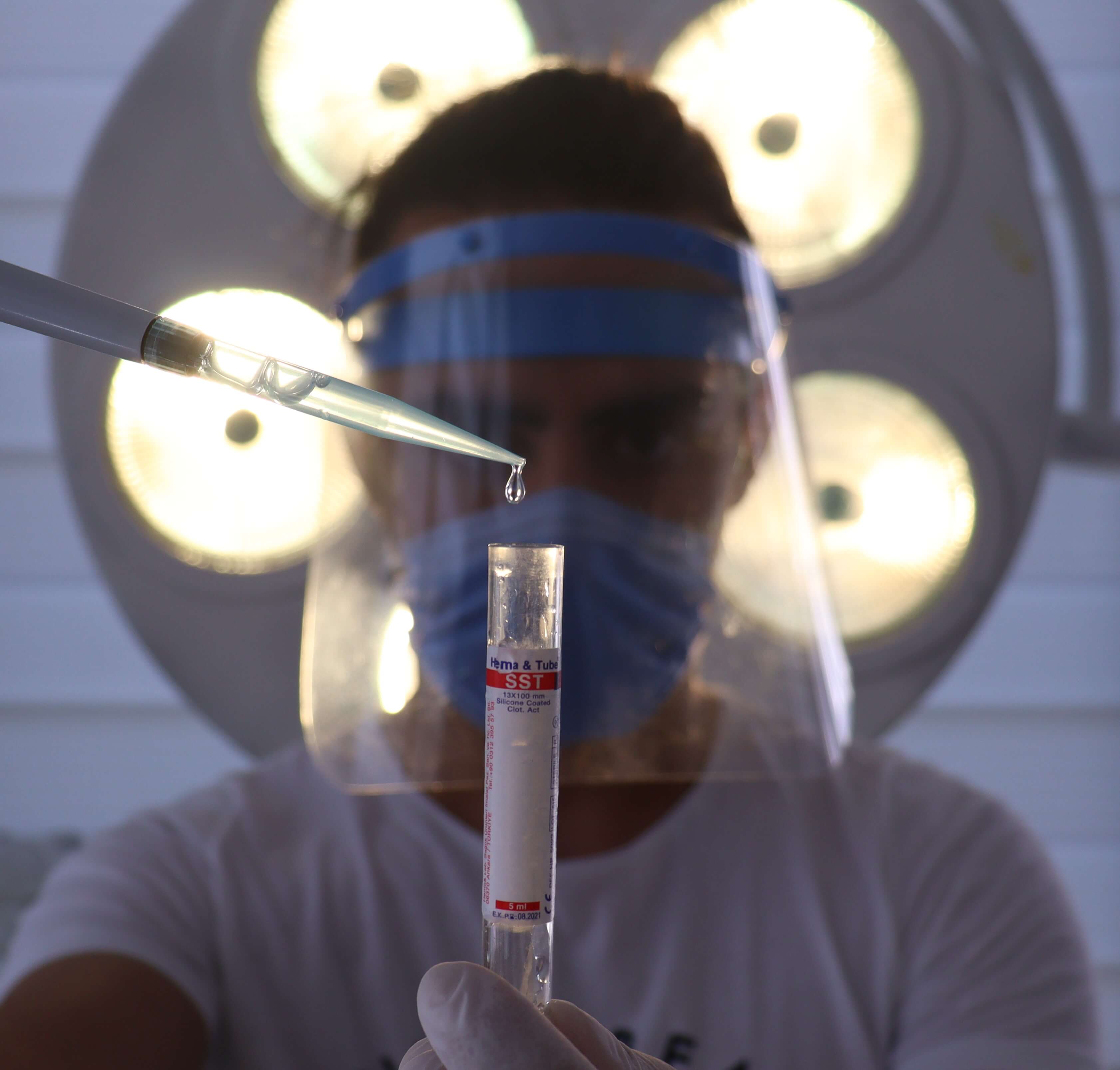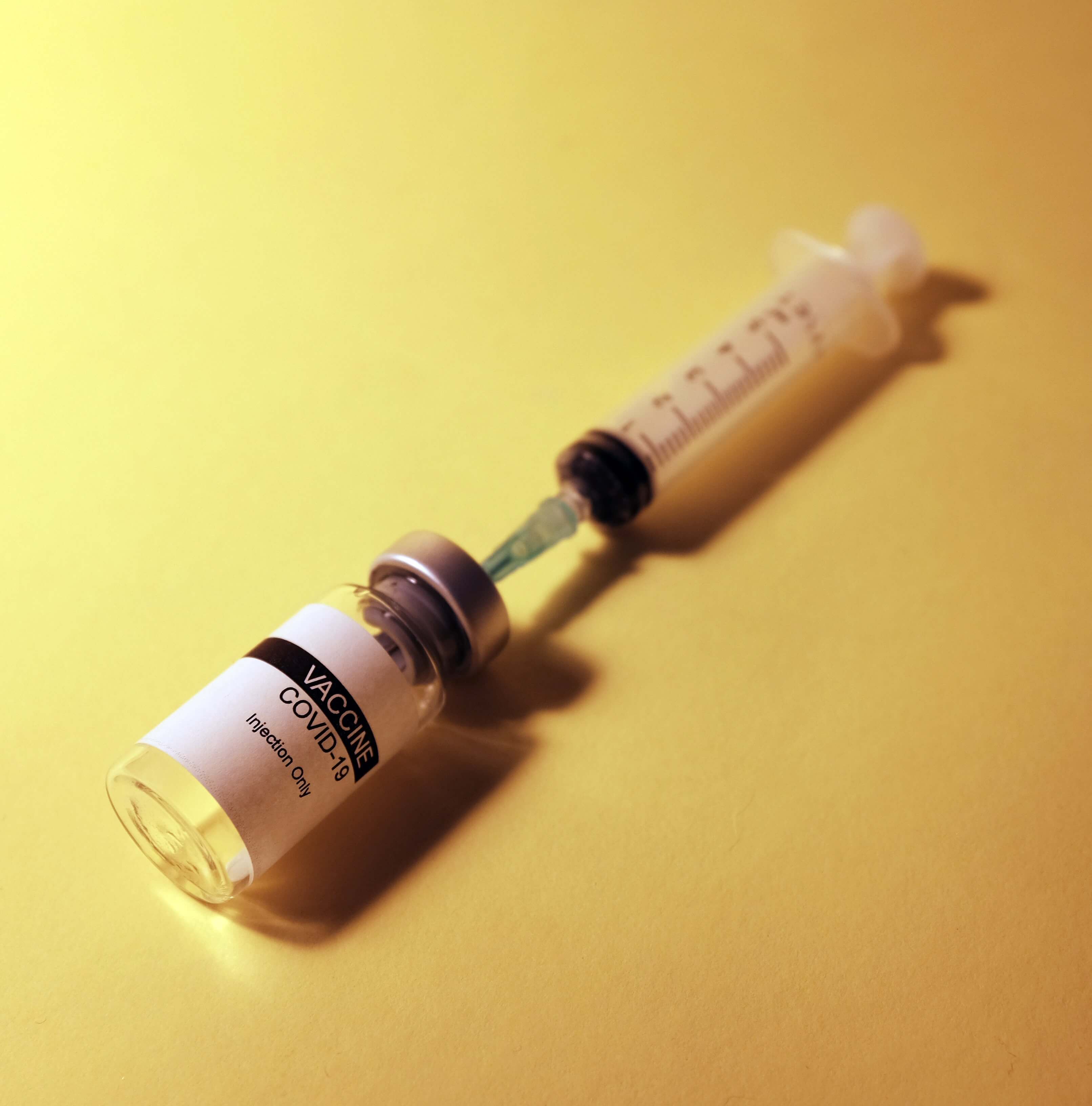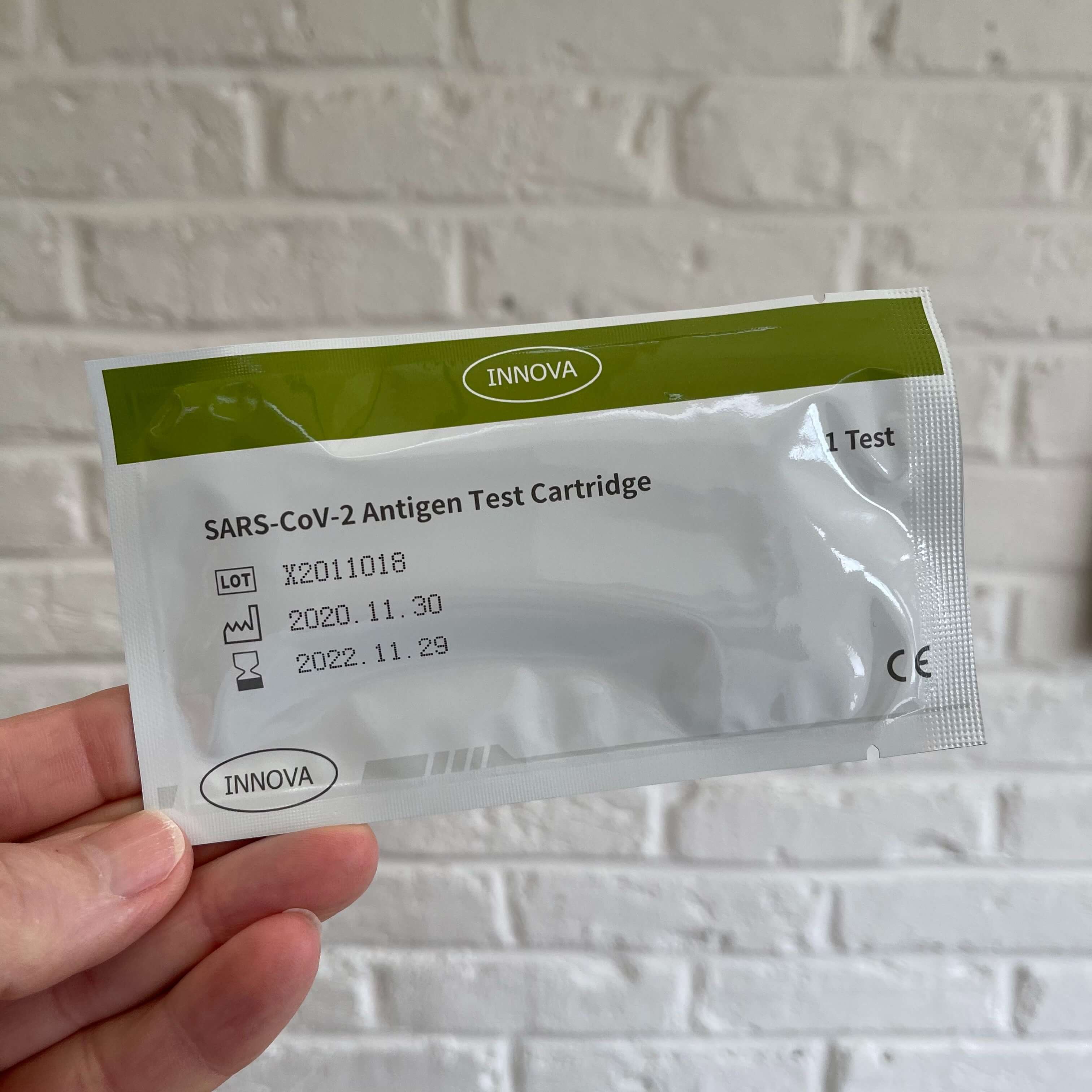
How Long Do Antigen Test Results Take?
There are two types of tests for detecting COVID-19 present in the body: the PCR (molecular) and antigen tests. Both tests are fantastic methods, but antigen tests are typically used because you can find them over the counter, are affordable, and produce fast results. Although, how fast are these test results, and how accurate are they?
How Long Do Antigen Test Results Take?
Antigen tests, also known as serological tests, work by detecting specific proteins found on viruses obtained from nasal swabs, saliva samples, or throat swabs. One of the reasons why this method is used for COVID-19 testing is how fast you can get results.
However, a drawback to rapid antigen test results is that they have a higher chance of being a false-negative than PCR test results, which take longer. Essentially, a false-negative result means that you might have the SARS-COV-2 infection, but the result shows otherwise. The chance of a false-negative occurring is higher when the virus in your system is in a low amount,
Another name for antigen tests is rapid tests, and this is because of how fast a healthcare provider or individual can use them to produce results (30 minutes and below)
You can choose from many lateral flow tests, but we recommend you buy FlowFlex Covid-19 test or Healgen Lateral Flow test.
What to Do While Waiting for Antigen Test Results?

Fortunately, antigen test results usually take about 15 minutes so that you can know your status as soon as possible. However, if you believe you have the disease because you feel sick or were exposed to infected people, you should isolate yourself during this period as you await your result.
There are cases when you do not need to isolate yourself, and these include:
- If you are taking the test as part of your travelling requirements.
- If you do not have COVID-19 symptoms.
- If you have not been exposed to the virus.
After getting your result and it comes out with a positive antigen, you can proceed accordingly to ensure you do not spread the Coronavirus disease and receive proper treatment.
It is vital to register antigen test results with the National Health Service (NHS), even if the results are negative or void. They help scientists detect new virus outbreaks, so they can advise people based on NHS rapid antigen test results.
Furthermore, they help keep information regarding NHS antigen test results accurate. You can use the NHS online service to report your results.
How Accurate Are Antigen Test Results?
Antigen tests are pretty accurate and do well in detecting the virus, and some tests boast an accuracy rate of 98.8%. That said, these tests are not as precise as molecular tests, but regardless, they work exceptionally well.
Generally, the result will be positive when a person showcases COVID-19 symptoms. Although, the test can also show false-positive test results, meaning the person doesn't have the virus, but the result says they do.
A healthcare provider might suggest a PCR test to confirm the person's health status. A false negative is possible but highly unlikely.
Antigen tests do an excellent job of detecting the COVID-19 virus. That said, the accuracy of the test on asymptomatic people who have the virus is unknown.
Conclusion
Antigen tests are optimal for quickness because they produce results in less than 30 minutes. As you wait for this result to come out, you should isolate yourself from others
if you have been exposed to people with COVID cases or if you have COVID-19 symptoms. Antigen tests may not be as accurate as PCR tests, but they get the job done, and you should consider buying a Lateral Flow test.



